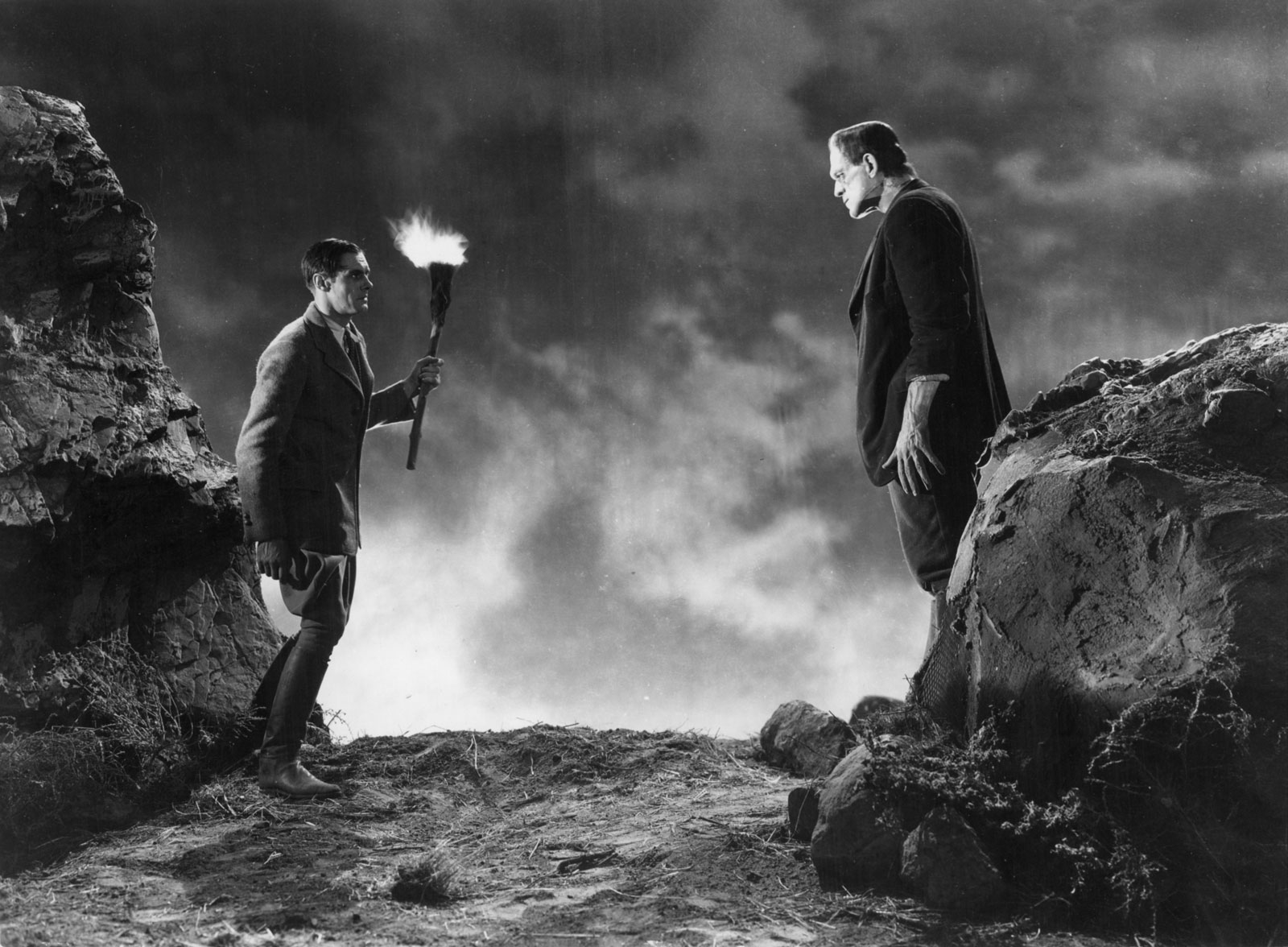Two hundred years ago, volcanologists were busy.
Tambora’s monumental eruption was bad for crops and good for art, contributing to the creation of Frankenstein and the modern conception of the vampire, a mirror to how undead the whole world had become. There was nowhere to go, no higher ground, with hunger ubiquitous and crime spiked by desperation, making clear how fragile we are, something we may relearn should another monster we’re creating, climate change, be enabled even further.
From Gillen D’Arcy Wood at Nautilus:
For three years following Tambora’s explosion, to be alive, almost anywhere in the world, meant to be hungry. In New England, 1816 was nicknamed the “Year Without a Summer” or “Eighteen-Hundred-and-Froze-to-Death.” Germans called 1817 the “Year of the Beggar.” Across the globe, harvests perished in frost and drought or were washed away by flooding rains. Villagers in Vermont survived on porcupine and boiled nettles, while the peasants of Yunnan in China sucked on white clay. Summer tourists traveling in France mistook beggars crowding the roads for armies on the march.
One such group of English tourists, at their lakeside villa near Geneva, passed the cold, crop-killing days by the fire exchanging ghost stories. Mary Shelley’s storm-lashed novel Frankenstein bears the imprint of the Tambora summer of 1816, and her literary coterie—which included the poets Percy Shelley and Lord Byron—serve as tour guides through the suffering worldscape of 1815–18.
Considered on a geological timescale, Tambora stands almost insistently near to us. The Tambora climate emergency of 1815–18 offers us a rare, clear window onto a world convulsed by weather extremes, with human communities everywhere struggling to adapt to sudden, radical shifts in temperatures and rainfall, and a flow-on tsunami of famine, disease, dislocation, and unrest. It is a case study in the fragile interdependence of human and natural systems.•
Tags: Gillen D'Arcy Wood

